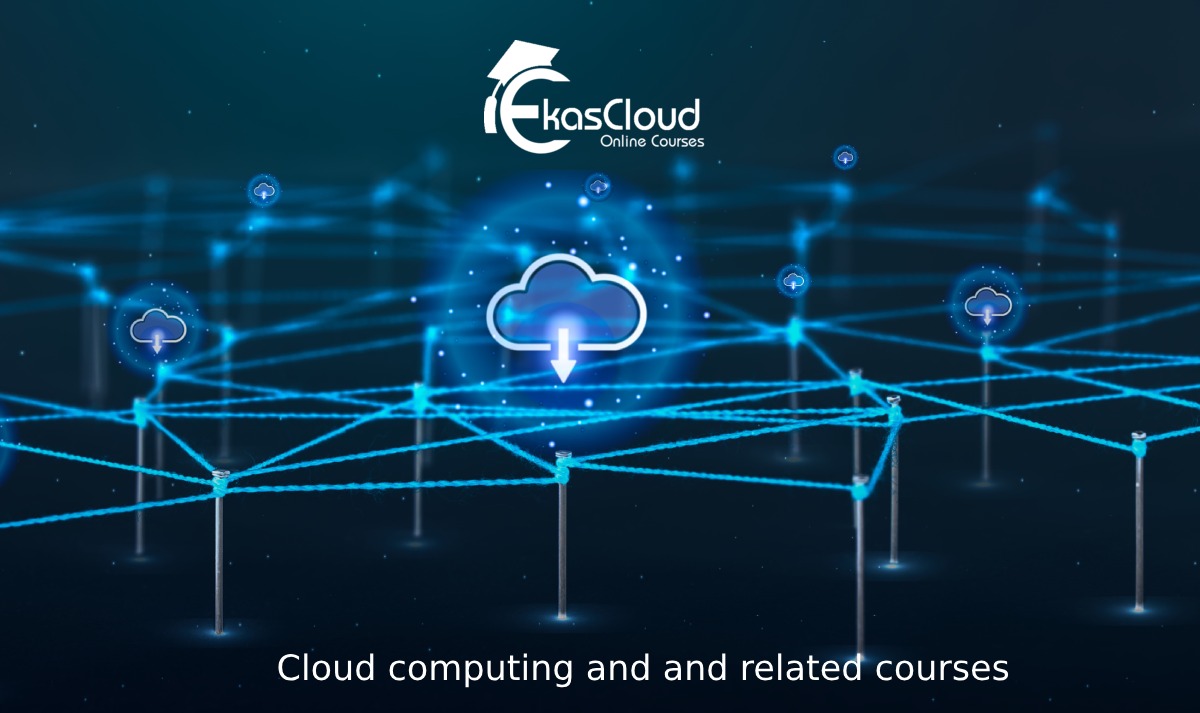
What is Cloud Computing
Cloud computing refers to the delivery of computing services over the internet, allowing users to access and utilize a wide range of resources such as servers, storage, databases, software, and applications on demand. Rather than owning and managing physical infrastructure, users can leverage cloud service providers' resources to meet their computing needs.
Cloud computing offers several advantages, including scalability, flexibility, cost-efficiency, reliability, and global accessibility. It has become increasingly popular in various industries and has led to the development of numerous cloud-based services and solutions.
There are several courses available that cover various aspects of cloud computing. Here are some popular ones:
1. AWS Certified Solutions Architect: This course focuses on Amazon Web Services (AWS) and prepares you for the AWS Certified Solutions Architect certification exam.
2. Microsoft Azure Fundamentals: This course provides an introduction to Microsoft Azure, one of the leading cloud platforms.
3. Google Cloud Platform Fundamentals: This course is designed for beginners and provides an overview of Google Cloud Platform (GCP).
4. CompTIA Cloud+: This vendor-neutral certification course covers the fundamentals of cloud computing and prepares you for the CompTIA Cloud+ certification exam. It covers topics such as cloud architecture, deployment models, security, virtualization, and troubleshooting.
5. Certified Cloud Security Professional (CCSP): This course is geared towards individuals interested in cloud security. It covers cloud data security, architecture, infrastructure security, operations, legal and compliance, and risk management.
Certainly! Here are some more details about the courses I mentioned:
6. AWS Certified Solutions Architect:
- This course focuses on preparing you for the AWS Certified Solutions Architect certification, which validates your knowledge of designing and deploying scalable and reliable applications on the AWS platform.
- It covers various AWS services, including EC2 (Elastic Compute Cloud), S3 (Simple Storage Service), VPC (Virtual Private Cloud), RDS (Relational Database Service), IAM (Identity and Access Management), and more.
- You'll learn about different architectural design patterns, cost optimization strategies, security best practices, and how to leverage AWS services to meet specific business requirements.
7. Microsoft Azure Certified Solutions Architect:
- This course provides a deep understanding the infrastructure provisioning in Microsoft Azure, one of the leading cloud platforms.
- It covers core Azure services, including virtual machines, storage, networking, databases, and identity management.
- You'll learn about Azure resource management, security and privacy, pricing and support options, and basic cloud computing concepts.
8. Google Cloud Platform Certified Solutions Architect:
- This course offers an introduction to Google Cloud Platform (GCP) and its core services.
- It covers topics such as GCP infrastructure, computing and storage options, networking, security, and managing GCP resources.
- You'll gain a basic understanding of how to leverage GCP services to build and deploy applications in the cloud.
9. CompTIA Cloud+:
- This course focuses on the fundamentals of cloud computing and prepares you for the CompTIA Cloud+ certification.
- It covers cloud concepts, virtualization, infrastructure, resource management, security, and troubleshooting.
- You'll learn about different cloud deployment models, migration strategies, cloud service models (IaaS, PaaS, SaaS), and cloud management tools.
- This course provides a vendor-neutral perspective on cloud computing principles and technologies.
10. Certified Cloud Security Professional (CCSP):
- This course is designed for professionals interested in cloud security and prepares you for the CCSP certification.
- It covers cloud data security, architecture, infrastructure security, operations, legal and compliance, and risk management.
- You'll learn about cloud security best practices, identity and access management, encryption, network security, and incident response in cloud environments.
These are just a few examples, and there are many more cloud computing courses available, including those offered by online learning platforms
These courses can vary in duration and depth of content, and they are offered by various providers, including the official websites of AWS, Microsoft Azure, Google Cloud Platform, CompTIA, and cloud training platforms like EkasCloud.







